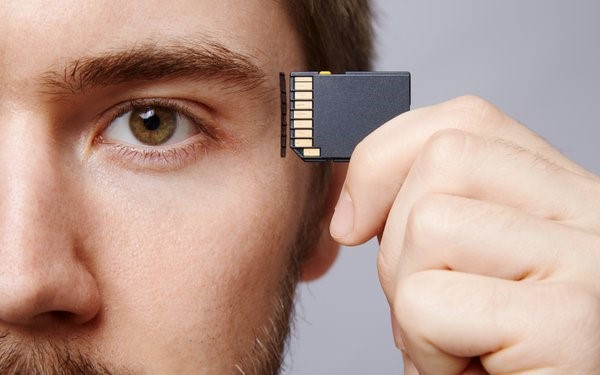Memory – Remember That Word

Memory has been a topic of discussion several times over the past couple of days in relation to announcements around generative artificial intelligence (GAI). Not the type of memory that goes into a mobile device. The type that provides cognitive ability.
OpenAI revealed on Tuesday that it is testing “memory” with ChatGPT because “remembering things you discuss across all chats saves you from having to repeat information and makes future conversations more helpful,” the company wrote in a blog post.
Asking ChatGPT to remember something specific or letting it pick up details itself will improve on the technology’s memory when given consent to remember the conversation.
For example, if someone owns a neighborhood coffee shop and mentioned that to ChatGPT in a previous conversation when brainstorming messaging for a social post or an ad that celebrates a new location, ChatGPT knows where to start.
Giving ChatGPT a memory brings additional privacy and safety concerns and considerations to bear, such as what type of information should be remembered and how it could be used.
The company said it will take steps to assess and mitigate bias and will steer ChatGPT away from remembering sensitive information such as health and financial details, unless the users explicitly asks it to remember.
Google on Thursday began rolling out a new version of Gemini — version 1.5 — that can handle several times as much audio, video, and text input as OpenAI’s GPT-4. Demis Hassabis, CEO of Google DeepMind, developed the new model and introduced it with Alphabet CEO Sundar Pichai in a blog post on behalf of the Gemini team.
In an interview with Wired, Hassabis compared the technology’s improved capacity for input “to a person’s working memory” — a topic Hassabis explored years ago as a neuroscientist. “The great thing about these core capabilities is that they unlock sort of ancillary things that the model can do.”
Could giving ChatGPT or Gemini a memory improve ad targeting based on contextual data that the user of the chatbot or technology willingly gives up?
When I had the opportunity to speak with Captify CPO Amelia Waddington today, she said giving ChatGPT a memory could prove useful for the retail industry when trying to match one product bought last week for something the consumer might search for today.
Can you imagine the chatbot asking “have you finished building the table for which you bought the wood and screws last week? Do you need varnish or paint for that project?”
“If you start conversing with a chatbot and ask which screws would be better for this job, the chatbot gains more information that it can store locally,” Waddington said, providing the chatbot with the context to create a memory and follow-up conversations.
Memory might act in a similar way with regard to gatekeeping of consumer privacy consent. James Barnard, Compliant CEO, said “AI has the bandwidth to read an entire privacy policy and understand all the consequences to accept consent of sharing information,” and remember what the consumer has shared in the past.
These types of advancements will change search, ad targeting and privacy standards, moving advertising to the next phase. It also will likely start the process of renaming the media to better reflect advancements. Will we leave the word “engine” behind and have it become just a distant memory?
The consequence to giving AI chatbots a memory will start another round of privacy debates.
This time, however, consumers will need to opt-in or opt-out of the AI remembering the information you give it.
Business use may have a different set of privacy standards based on competitive information.
With OpenAI open-sourced GPT-4, anyone will have the ability to build their own memory technology, moving the ownness to the brand or the company.
Memory will become the buzzword and the shiny object for 2024.
(9)
Report Post





